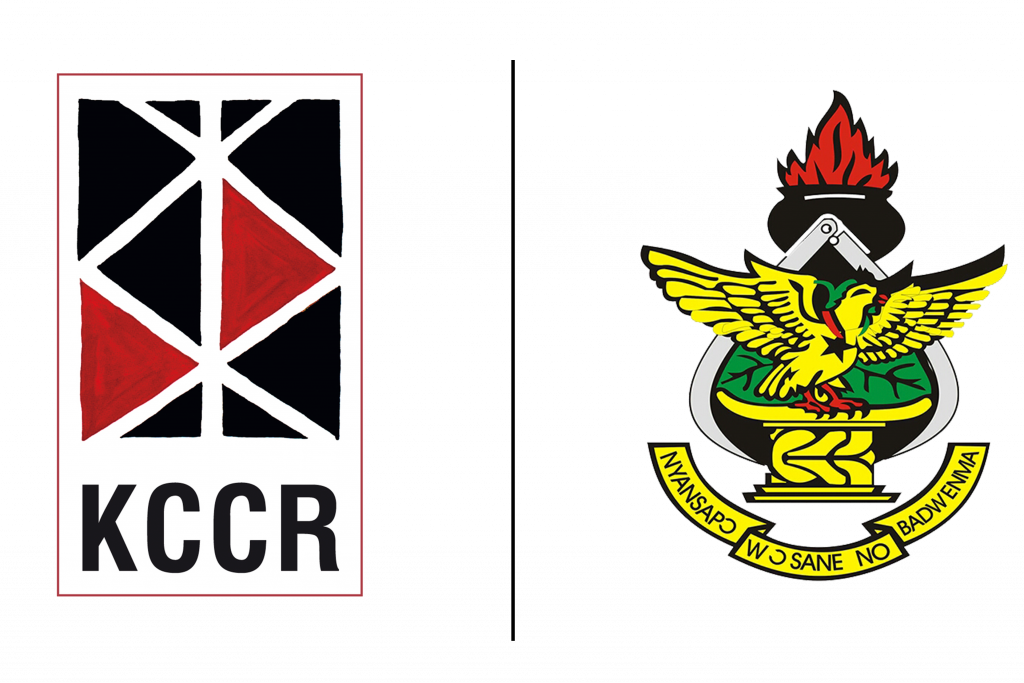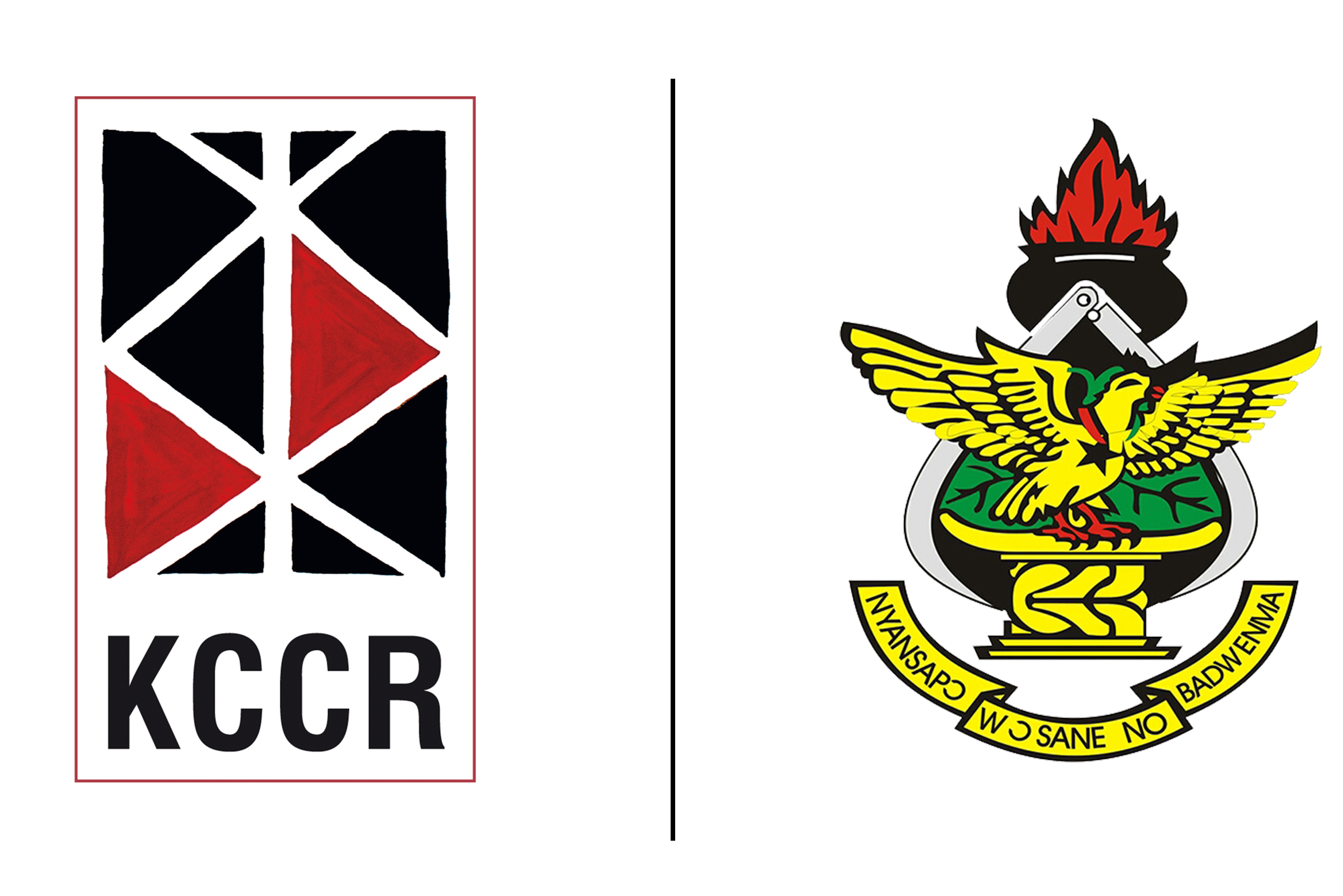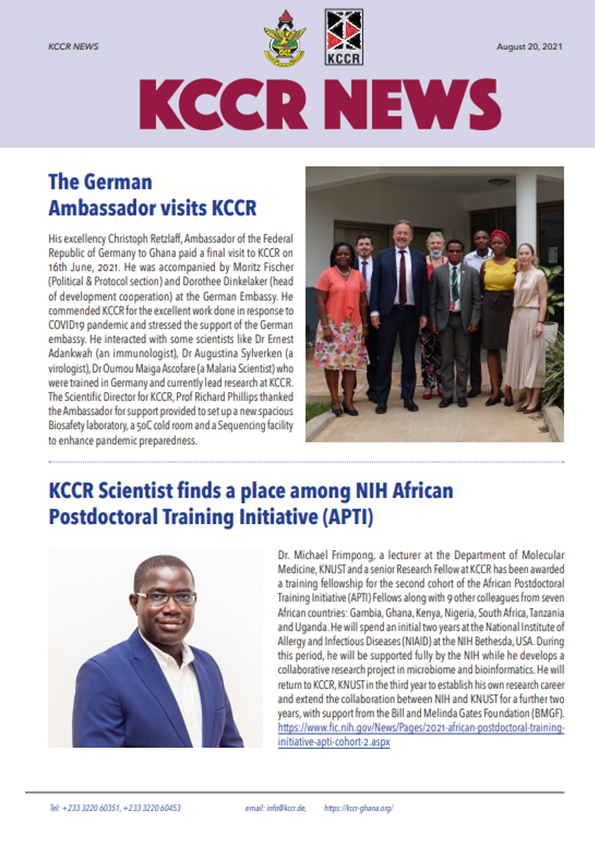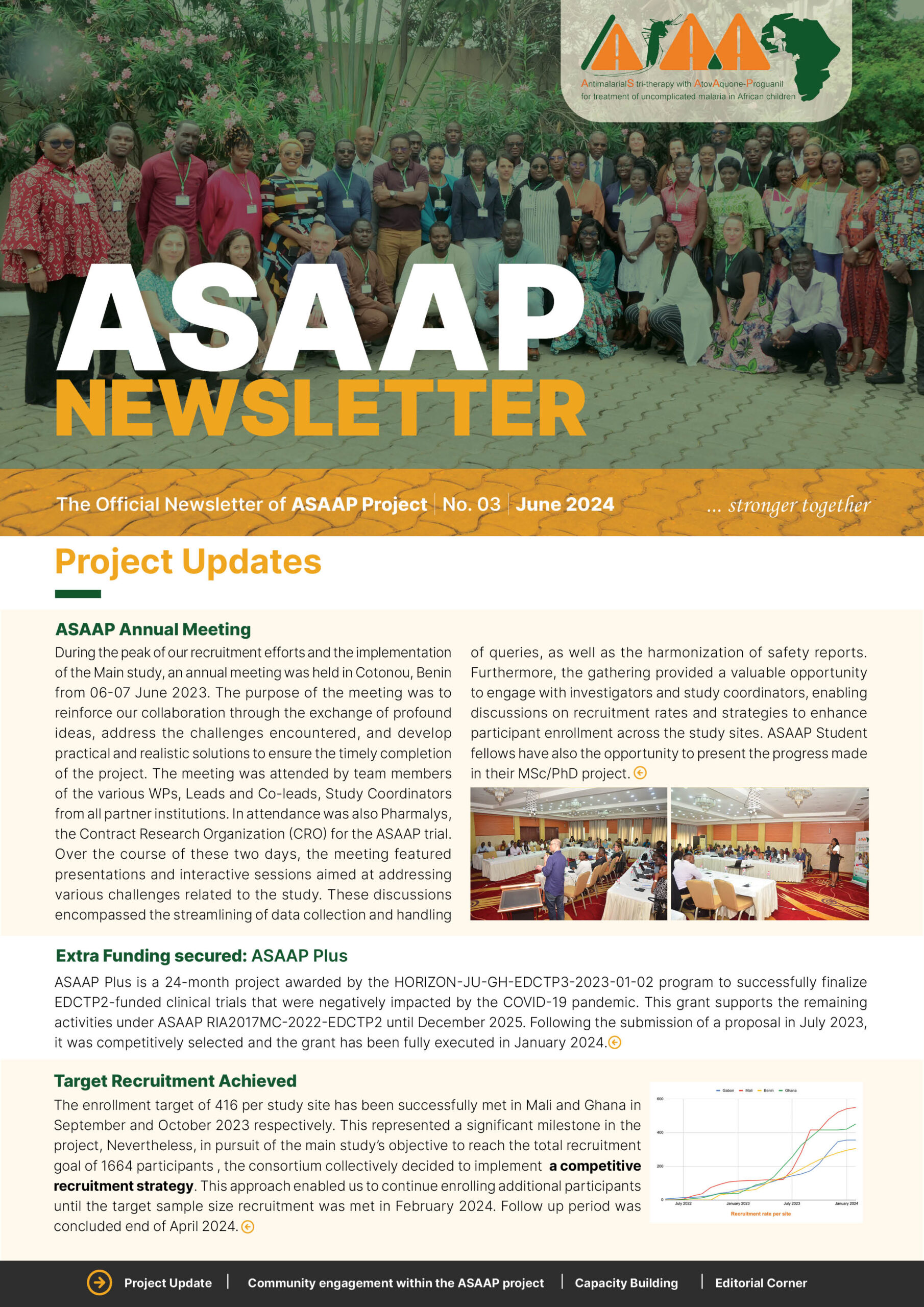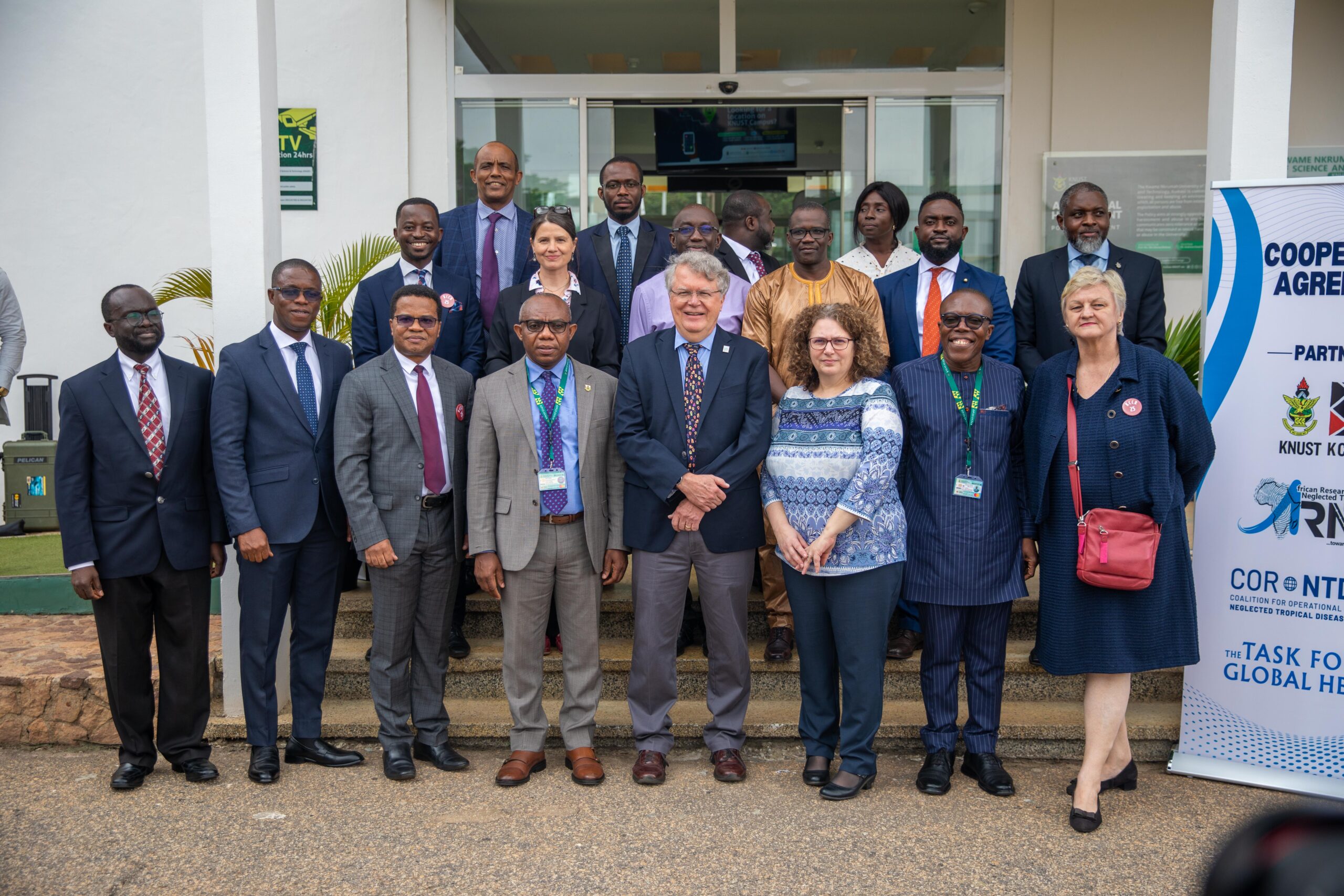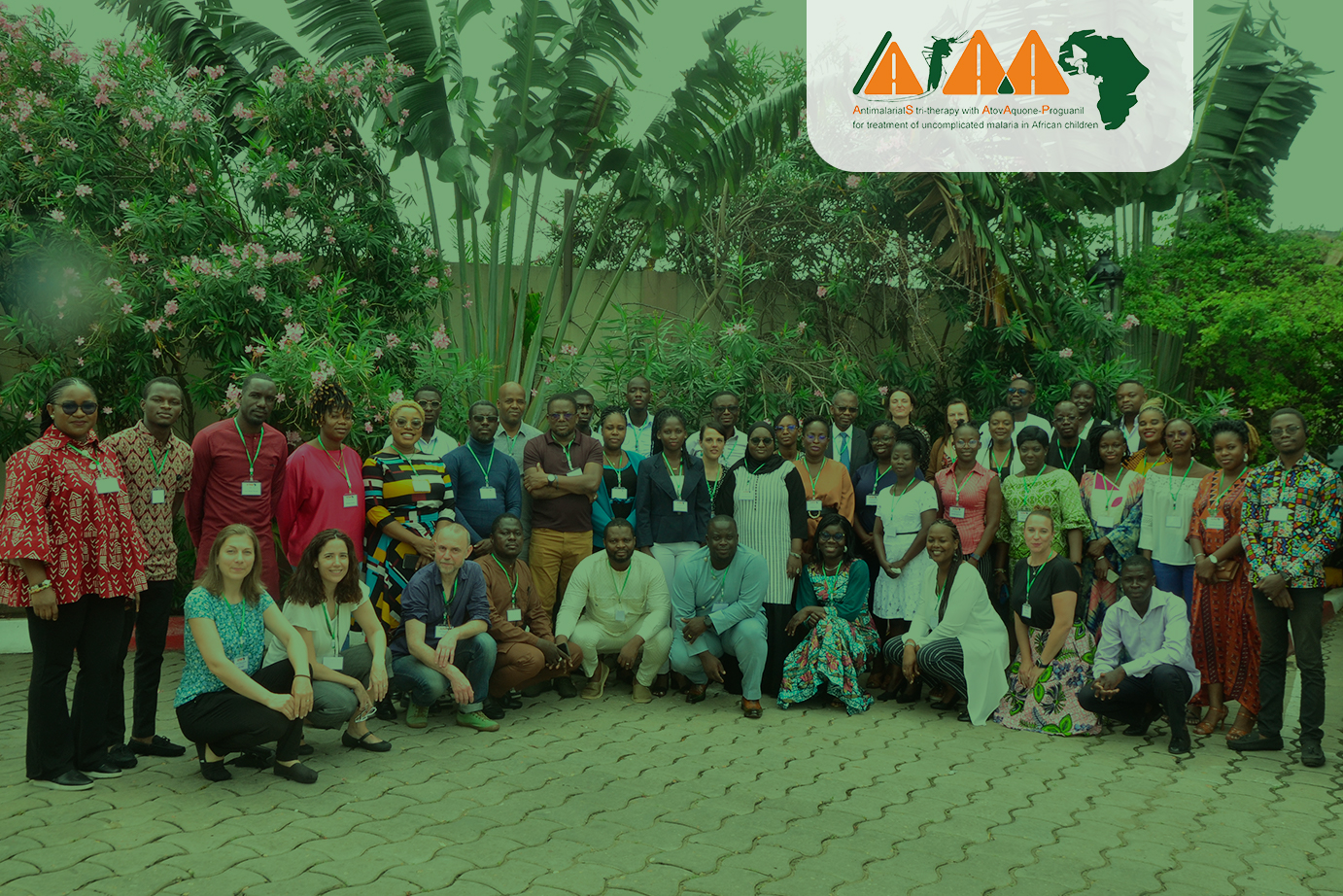Background
- Coronaviruses are large family of viruses that cause illness ranging from the common cold to more severe diseases. They often circulate among camels, cats, and bats, and can sometimes evolve and infect people.
- Seven known coronaviruses can infect humans, including the novel coronavirus identified in 2019.
- The official name for the novel coronavirus disease as announced by the WHO on February 11, 2020 is COVID-19 (Coronavirus Disease 2019). Most people infected with the COVID-19 virus will experience mild to moderate respiratory illness and recover without requiring special treatment. Older people, and those with underlying medical problems like cardiovascular disease, diabetes, chronic respiratory disease, and cancer are more likely to develop serious illness WHO.
- On March 12, 2020 the WHO announced the COVID-19 outbreak as a pandemic.
- On March 12, 2020 Ghana recorded two COVID-19 cases which were the first cases.
KCCR’s role in diagnosing COVID-19 cases
- KCCR is the diagnostic centre for COVID-19 serving the middle and northern belts of Ghana. There are numerous studies into coronaviruses at the KCCR since 2012.
- KCCR also provides sample collection and transport packages to facilities able to collect samples. Samples once collected are transported to the KCCR for processing.
- List of selected publications:
1) Human Coronaviruses Associated with Upper Respiratory Tract Infections in Three Rural Areas of Ghana
2) Similar virus spectra and seasonality in paediatric patients with acute respiratory disease, Ghana and Germany
3) Human betacoronavirus 2c EMC/2012-related viruses in bats, Ghana and Europe.
4) High prevalence of common respiratory viruses and no evidence of Middle East Respiratory Syndrome Coronavirus in Hajj pilgrims returning to Ghana, 2013
5) Respiratory viruses in children hospitalized for acute lower respiratory tract infection in Ghana
6) Health care workers indicate ill preparedness for Ebola Virus Disease outbreak in Ashanti Region of Ghana
7) Potential Intermediate Hosts for Coronavirus Transmission: No Evidence of Clade 2c Coronaviruses in Domestic Livestock from Ghana
8) A Novel Rhabdovirus Isolated from the Straw-Colored Fruit Bat Eidolon helvum, with Signs of Antibodies in Swine and Humans
9) Ethics preparedness: facilitating ethics review during outbreaks – recommendations from an expert panel
10) Advancing preparedness for clinical research during infectious disease epidemics
- Personnel
- A group of dedicated multi-disciplinary staff including Virologist, Biomedical Scientists, Public health experts, Field experts, Data entry and Analysis professionals.
- Facilities and equipment
- Biosafety 3 laboratory Real-Time PCR Cyclers
- SeqStudio Genetic Analyzer
- Real-Time Reverse Transcriptase (RT)-PCR Diagnostic Panel.
- -20°, -80°, -150° freezers
Profiles of researchers from KCCR leading the COVID-19 Surveillance
 Richard Phillips received a BSc in Human Biology (1990) and MB ChB (1993) from the Kwame Nkrumah University of Science and Technology (KNUST). He obtained a PhD from the University of London in the area of Infection and Immunity in 2005 and a Fellowship from the West African College of Physician’s in 2008. Presently, he is an Associate Professor and the Scientific Director at the Kumasi Centre for Collaborative Research (KCCR) in Tropical Medicine. He conducts research on infectious diseases particularly M. ulcerans disease, Emerging Infectious Diseases, HIV and Hepatitis B. He has received several awards including the Welcome Trust Training Research Fellowship for Scientists from Developing Countries (2002), the Royal Society UK-Ghana Networking and Leverhulme Trust award (2008 and 2010), and the Africa Research Leader award (MRC UK, 2012).
Richard Phillips received a BSc in Human Biology (1990) and MB ChB (1993) from the Kwame Nkrumah University of Science and Technology (KNUST). He obtained a PhD from the University of London in the area of Infection and Immunity in 2005 and a Fellowship from the West African College of Physician’s in 2008. Presently, he is an Associate Professor and the Scientific Director at the Kumasi Centre for Collaborative Research (KCCR) in Tropical Medicine. He conducts research on infectious diseases particularly M. ulcerans disease, Emerging Infectious Diseases, HIV and Hepatitis B. He has received several awards including the Welcome Trust Training Research Fellowship for Scientists from Developing Countries (2002), the Royal Society UK-Ghana Networking and Leverhulme Trust award (2008 and 2010), and the Africa Research Leader award (MRC UK, 2012).
He also leads the research group at the KCCR/KNUST investigating M. ulcerans, the PANDORA project, and is co-PI on the WHO-study investigating oral antibiotic therapy for treating Buruli ulcer.
He also leads the research group at the KCCR/KNUST investigating M. ulcerans and is co-PI on the WHO-study investigating oral antibiotic therapy for treating Buruli ulcer.

Augustina Angelina Sylverken received a BSc in Biological Sciences and MPhil in Clinical Microbiology in 2003 and 2006 respectively from the Kwame Nkrumah University of Science and Technology (KNUST). She obtained a PhD from the KNUST and the Department of Virology, University of Bonn Medical Centre in the area of Virology in 2011.
Presently, she is a Lecturer, Department of Theoretical and Applied Biology, KNUST and a Senior Research Fellow at the Kumasi Centre for Collaborative Research (KCCR) in Tropical Medicine. She conducts research on Viral diseases, Zoonotic infections, Emerging Infectious diseases and Tuberculosis (Multidrug resistance).
She has received several awards including the prestigious Africa Research Excellence Fund (AREF) Excell Researcher and Leadership Development Programme (2018), German Research Foundation (DFG) (2018), and Global Fund (2012). She is also an Affiliate of the African Academy of Sciences (AAS) and the Ghana Young Academy (GYA).
She also leads the research group at the KCCR/KNUST investigating novel viruses of the respiratory tract and zoonotic pathogens.

Dr Michael Owusu is a Clinical Microbiologist and a lecturer at the Department of Medical Diagnostics, Kwame Nkrumah University of Science and Technology. He also holds a research fellow position at the Kumasi Centre for Collaborative Research in Tropical Medicine (KCCR). He also doubles as the Executive Director of the Centre for Health System Strengthening; an NGO based in Kumasi.
Dr Michael Owusu obtained his PhD in Clinical Microbiology through collaboration between the Institute of Medical Virology, University of Bonn Medical Centre and the Kwame Nkrumah University of Science and Technology. His research thesis was in the area of human coronaviruses and its association with respiratory diseases in Ghanaians. Dr Owusu has extensive experience in investigating livestock and wildlife samples for agents including animal coronaviruses, viral haemorrhagic viruses and other zoonotic agents.
He is currently leading a research group which seeks to understand the interactions among microbial pathogens and how this leads to pneumonia in children. His research skills and experience include classical microbiological, molecular biology, advanced sequencing techniques, public health and epidemiology, biostatistics and research communication.
He is a fellow of the European and Developing Countries Clinical Trials Partnership (EDCTP) and the African Research Excellence Fund.

Dr. John H. Amuasi leads the Global Health and Infectious Diseases Research Group at KCCR and is also a lecturer at the Global Health Department of the School of Public Health, KNUST.
Dr. Amuasi trained as a physician at the KNUST School of Medical Sciences, and later graduated from the University of Minnesota School of Public Health, USA, with postgraduate degrees terminating in a PhD in Health Research and Policy.
He also served as head of the R&D Unit at the Komfo Anokye Teaching Hospital in Kumasi, Ghana for 3 years from 2007-2010. Dr. Amuasi has consulted for several international organizations and is passionate about research that focuses on improving health systems, services and outcomes, including policy analyses using both primary and secondary data in low and middle-income countries. His research currently involves field epidemiologic studies on malaria, snakebite and other neglected tropical diseases.
Dr. Amuasi also co-chairs the Lancet One Health Commission. Dr Amuasi is at the fore-front of global efforts towards addressing emerging and re-emerging infectious diseases and serves as an Executive Committee member of the African Coalition for Epidemic Research, Response and Training (ALERRT). Through ALERRT at KCCR, Dr. Amuasi is setting up research on the clinical characterization of COVID-19 in Africa in partnership with the Ghana Health Service and WHO/AFRO.
- Footages of interviews from media houses
- Kumasi Centre for Collaborative Research (KCCR) campaign on Corona Virus 19_TEKTv
- KCCR calls for more resources from the state and public
- Crew Schooled The Public With Dr. Augustina Sylverken -KNUST. 03-03-2020_NhyiraObra MultimediaAt25 NhyiraTv
- Coronavirus is behaving differently in Africa – Dr. Augustina Sylverken
- Ghana will take about 12 months to contain pandemic – Newsfile (21 -3-20) Newsfile JoyNews
- Demystifying COVID-19: 5G, Bill Gates and other controversies | Point of View-CitiTv







Q&A on COVID-19
- What do I do when I wake up with cough?
- Stay in the house and monitor yourself. If you develop further symptoms as fever and difficulty breathing call the Ghana Health Service helpline.
- What are the entry points of the 2019-nCoV into the human body?
- Mouth, nose and eyes
- Can I simply get infected once I have touched droplets from e.g. cough of an already infected person?
- Transmission takes place only when droplets from an infected person enters your nose, mouth, or eyes. There’s no evidence of transmission by skin contact. When you touch droplets from an infected person, wash your hands well with soap and under running water, you may apply sanitisers before. Avoiding touching your mouth and nose. But avoid coming into contact with droplets by observing social distancing.
- Can the virus be transmitted by house flies?
- There’s no evidence from transmission to humans by house flies, mosquitoes or pets.
- Can transmission occur through food such as fruits bought from the street or shop?
- Washing in salty water and removing the peel when necessary should be enough to stop transmission.
- Can the virus stay in washed fabrics? Or washing should be done at a particular temperature?
- Soaking and washing fabrics with soap and normal temperature water, is enough to remove the virus.
- How long can the virus last outside of the human body?
- There is no clear evidence, but literature suggests 3 hours.
- How long does it take to get recovered once the patient is identified and managed?
- 2 – 3 weeks
- Can people who recover from COVID-19 become reinfected?
- It seems people develop immunity after infection
- Is there a possibility of some life-long effects after recovery? I read a post that said those who recover might have 20 -30 % less lung capacity.
- Most of the patients without any long-term effects. Those who experience long-term effects had preconditions before infection.
- Is it advisable to cover my nose and mouth with cloth or scarfs?
- A mask from cloth does not protect you from the virus but it can stop the droplets from spreading in case you are sick and protect your surroundings to some degree.
- Is it true that 2019-nCoV cannot survive at temperatures above 27oC?
- No
- What criteria should be used when considering a person for resumption of normal duties?
- Are you still showing symptoms? If yes, remain in the house. If no, after 14 day of quarantine there is no indication for you to be infectious you can resume work .
- Should I ask for official consent from the doctor to resume work?
- Not necessary unless diagnosed of COVID-19.
- Is there any herbal treatment for COVID-19?
- No.
- Does inhaling hot water or gargling warm saltwater clear the virus from the throat?
- There’s no evidence to this.
- What do I do about sharing the kitchen when in self-quarantine?
- Use your own spoon and plate, cook in shifts, develop cough and sneeze etiquette, clean the kitchen with 0.5% bleach.
- Can the virus be transmitted through sleeping on hotel beds?
- If the hotel uses hygienic measures to clean the bed and room, transmission is not likely.
- How soon are we close to a vaccine?
- It will take some time.
- Informative material from Ministry of Health and Government of Ghana.
GHANA HEALTH SERVICE COVID-19 UPDATES
